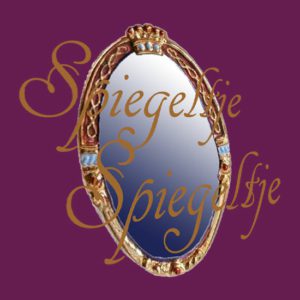Augustine’s Invention of the Inner Self: The Legacy of a Christian Platonist, by Philip Cary*
Oxford University Press 2000, pp. 214
*Gepubliceerd onder Reviews Amazon.com, May 16, 2007 (7 people found this review helpful)
In: Boekbesprekingen
How to shed light in a dark but central issue in Western culture
In his ‘Augustine’s Invention of the Inner Self’ professor Phillip Cary shows the reader in a brilliant way how to reveal one of the most complex issues in Western culture to the average reader. As if it was his main goal to offer a didactic achievement the book is readable as a detective novel. Origin and conceptual development of the inner self are convincingly demonstrated.
Nevertheless I have one question about the book. That is: why doesn’t Cary give us a more thourough explanation about Augustine’s rejection of literature in education (see p. 97 and footnote 9 on that page)? According to my view finding ones self, being one of the purposes of education, depends for a great deal on exploring one’s culture’s history and literature. By searching the one and only Truth in the self being Christ, and at the same time repudiating culture’s traditional vehicles for that search, as is vehemently recommended in Conf. 1.16 (“Sed vae tibi flumen moris humani!”, but woe is thee, thou torrent of human custom!”), education as Augustine saw it might have been severaly hindered.
Since Augustine’s time the humanities have suffered from enduring attacks by Christian critics. The search for the inner self, as we find it again in Pascal (see ‘Pascal et Saint Augustin‘ by Philipe Sellier, Paris 1970; another reference I missed in Cary’s book is ‘La découverte de Soi‘ by Georges Gusdorf, Paris 1948), might be victimized by those attacks up till today’s educational practice. On many schools and colleges in Holland and in many other Western countries, humanities are a bit of a nonitem.
How is Dr. Cary’s opinion about the posibility of the actual consequences of Augustine’s thought on these matters?
